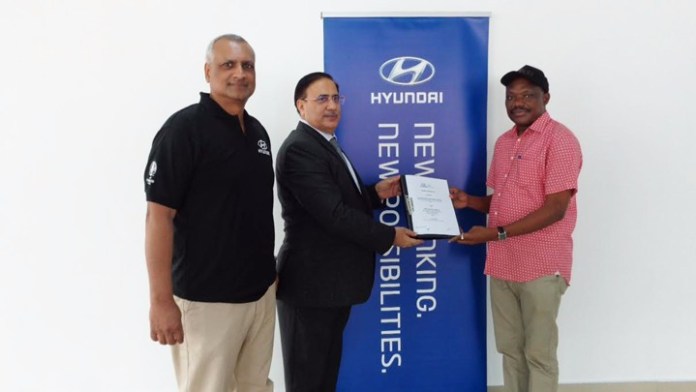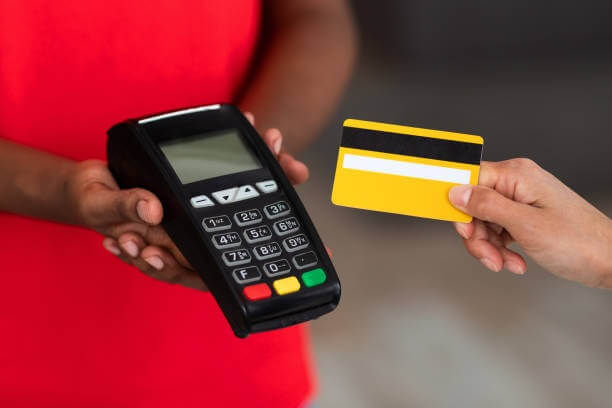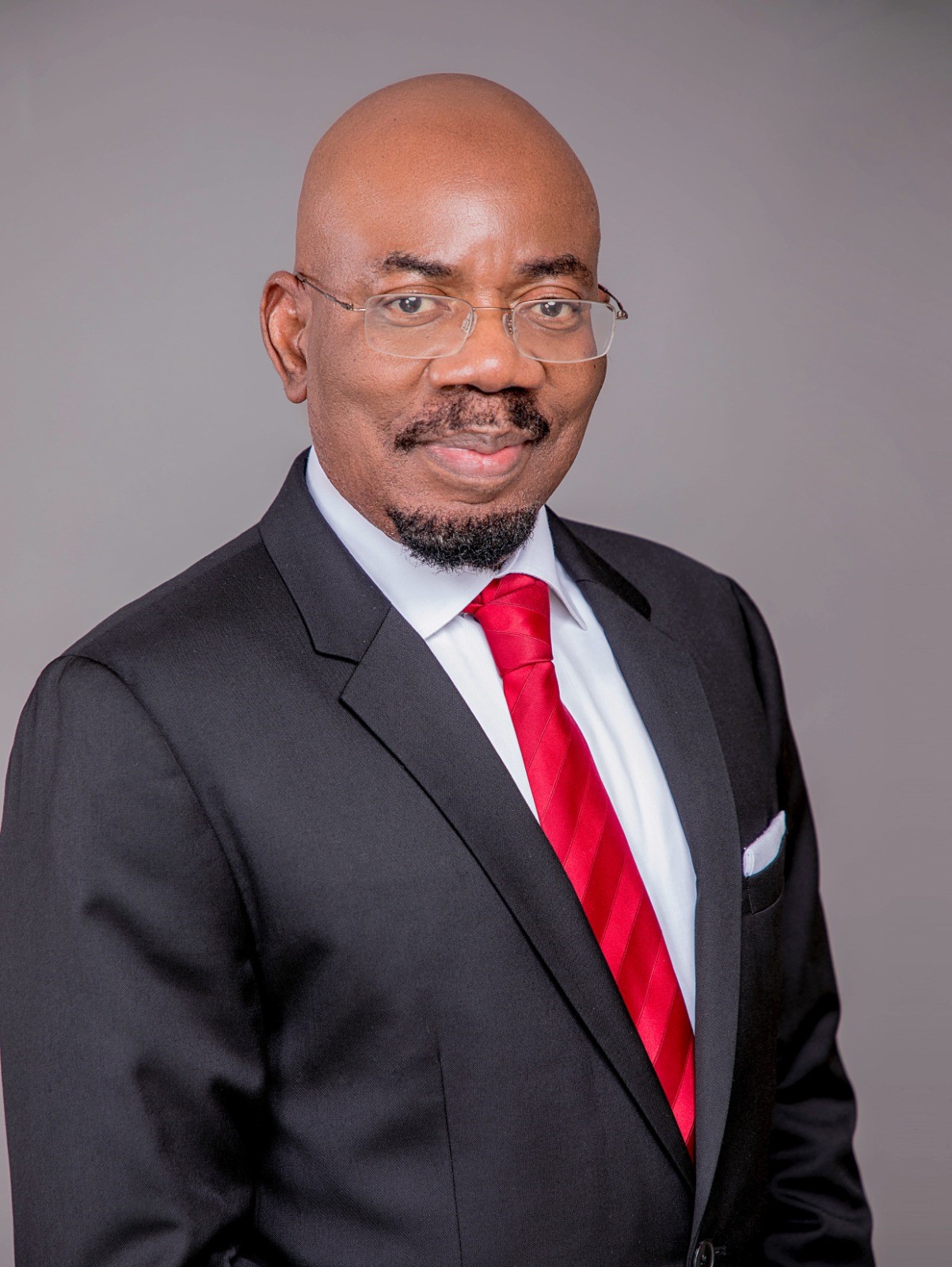- Hyundai Reveals Nigeria-assembled Redesigned Sonata for 2018
More than a month before the close of 2017, Nigeria has received the first batch of the 2018 edition of the face-lifted Hyundai Sonata.
The new car was unveiled at the Lagos head office of Hyundai Motors Nigeria Limited, a subsidiary of Stallion Autos, last week with the hope of winning more fans and capturing more market share for the segment.
It is said to have been assembled locally at the Hyundai Motors Nigeria plant in Lagos and equipped with numerous other niceties such as the proximity key with push-button start, power driver’s seat as well as shiftronic gear system with courtesy door lamps.
It is described as a comprehensive makeover of its predecessor that had not seen any major changes since 2015.
According to the automaker, the face-lifted Sonata is an adept family hauler that expresses proficient and distinctive gaze that can attract upwardly mobile executives and well-heeled officials as well as anyone with an eye for specifics.
“Suffice to say, there are indeed, no dull moments with the new Sonata, given the so much likes in the stylish sedan that sits five passengers over long distances with an adaptable room to stretch even when stuck in traffic,” the automaker stated.
Specifically, it states that the new midsized Sonata family sedan is coming with a long list of standard and accessible features even as it integrates a perfect mix of high fuel economy and mileage as well as a rare blend of comfort, cavernous trunk and cabin space.
The Head of Sales and Marketing, Hyundai Motors Nigeria
Mr. Gaurav Vashisht, acknowledged the automaker’s perspective when he told local media at the launch of the new Sonata that almost every exterior element of the car had been reworked, beginning from the forward A-pillars.
“Unlike its predecessor, the front end of the car for instance, has become more muscular, blending with Hyundai’s new cascading grille design with an aggressive lower facia, new headlights and a reshaped hood,” Vashisht said.
He also said Hyundai had thoroughly remodelled the rear side, now incorporating new trunked-lid, taillights and rear bumper with a marginally adapted interior similar to high-end cars’ centre stack though retaining its intuitive layout knobs and controls of higher quality feel and a new three-spoke steering wheel.
“When it comes to delivering everything you would expect from a midsize family sedan, the 2018 Hyundai Sonata does not disappoint. It has a spacious interior with worthy seats and a long list of standard features and well-laid out controls that reassures on smooth ride,” he said.
Hyundai said it had also equipped the new Sonata with rear parking sensors/back warning camera, engine immobilizer and perceptible front grill.
Standard features on both models were given as front wheel drive; a rear lip spoiler; cruise control; full power accessories; tilt-and-telescoping steering wheel; automatic control/rear air-conditioning vents; luxury leather seats and a 60/40 split-folding seatback.
Engine
The 2018 Hyundai Sonata is available in six trim levels. But Vashisht said, “Only the Elite SE 2.0-litre and Elite SE 2.4-litre variants, which are already in designated HMNL showrooms, will be marketed locally.”
Both variants are powered by a four-cylinder engine; the 2.0-litre variant is mated to a 157ps @ 6200rpm and the 2.4-Litreis fused to a 171ps @ 6000rpm.
Both models are however paired to a six-speed automatic transmission that raises the EPA fuel economy numbers to 23mpg highway from 22/31mpg.
Technology features
The car comes with Bluetooth connectivity, a CD player, radio, automatic headlights, rearview camera, a five-inch LCD display, USB port and an auxiliary audio input and Hyundai Security System.
Safety
Its standard safety features are antilock disc brakes, traction and stability control, front-seat airbags, central locking and keyless entry with Hyundai Security System.
“Hyundai may consider the new Sonata its best yet with sales expected to climb higher up the charts, the car could in the foreseeable feature be pitched against arch rivals Honda Accord, Toyota Camry, Ford Fusion, Mazda 6 and Nissan Altima or so it seems,” the firm said.


 Forex4 weeks ago
Forex4 weeks ago
 Naira3 weeks ago
Naira3 weeks ago
 Billionaire Watch3 weeks ago
Billionaire Watch3 weeks ago




 Naira3 weeks ago
Naira3 weeks ago








 Naira3 weeks ago
Naira3 weeks ago


 Naira2 weeks ago
Naira2 weeks ago








 Naira2 weeks ago
Naira2 weeks ago








 Naira4 weeks ago
Naira4 weeks ago























